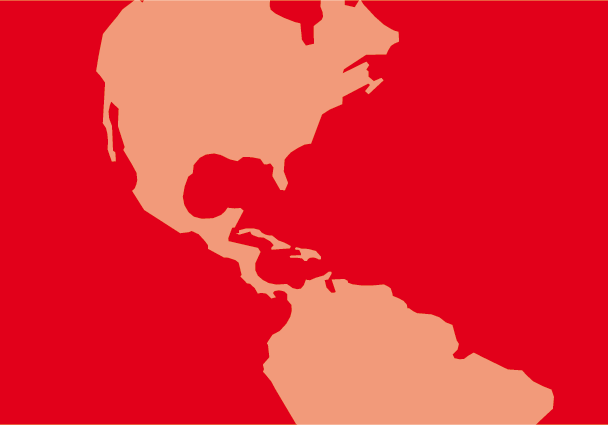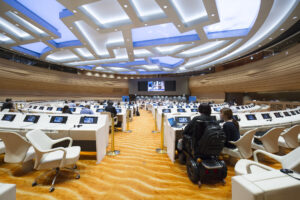Judges and lawyers in Colombia work in a dangerous profession, says a report issued today by the ICJ, which documents 515 cases of violence against Colombian lawyers and judges between 1979 and 1991. More than half of the victims, 278 jurists, were murdered.
However, the number of real threats and other types of violence (torture, kidnapping, death threats, etc.) is actually much higher since many cases were not reported.
It is also quite alarming that 98 per cent of the crimes remain unpunished, says the report “Justice for Justice”. A criminal investigation has not even been opened for 80 per cent of these cases.
Contrary to popular belief, the drugs trade was not the principal reason for this violence, the report points out. In 240 cases in which the assailant or motivation was known, 80 were attributed to paramilitary groups, 58 to drug trafficking, 48 to state agents, 32 to guerrillas and 22 to other factors.
The research was carried out by the Colombian Section of the Andean Commission of Jurists, an affiliate of the ICJ.
“A unique case, which has no precedents in Colombian political history and constitutes one of the most dramatic situations in the world, is the violence that is practised in the country against legal professionals: lawyers, magistrates, judges and other judiciary officials and Public Ministry employees,” the report says.
It adds that the efforts by the state to remedy this climate of terror have not been adequate and have not always respected human rights.
To provide better security, the report recommends creating mobile posts for judges rather than specific jurisdictions. Similarly, associations for judges and lawyers must be strengthened to offset the lack of protection for colleagues. Finally, the United Nations and the Organization of American States must require that effective measures be adopted in Colombia to promote and protect human rights.
The International Commission of Jurists (ICJ), headquartered in Geneva, is a non-governmental organization in consultative status with the United Nations Economic and Social Council, UNESCO, the Council of Europe and the OAU. Founded in 1952, its task is to defend the Rule of Law throughout the world and to work towards the full observance of the provisions in the Universal Declaration of Human Rights. It is composed of 31 distinguished jurists from around the globe and has 75 national sections and affiliated organizations.




